Meet the Biodiversity and Climate Change Assessment Co-Chairs
Meet the Co-Chairs
The Six Experts Leading the Biodiversity and Climate Change Assessment
Learn more about the co-chairs leading the Biodiversity and Climate Change Assessment.

Sources/Usage: Public Domain. View Media Details
|
Dr. Stephanie Aktipis Department of State, Washington, DC, USA Senior Policy Advisor, Bureau of Oceans and International Environment and Scientific Affairs, US Department of State Areas of Interest: marine gastropods, science and environmental policy, and foreign affairs.
Stephanie received a Ph.D. in Biology from Harvard University where she researched the evolutionary relationships among marine snails. She also holds a M.Sc. with honors in Biomedicine, Bioscience and Society from the London School of Economics and Political Science where she explored the effects of the Convention on Biological Diversity on primary biodiversity research and conservation efforts. With over 13 years of experience in federal government roles addressing various environmental issues—such as biodiversity, climate change, oceans, and sustainable development—Stephanie currently serves as a Senior Policy Advisor in the Bureau of Oceans and International Environmental and Scientific Affairs at the U.S. Department of State. |
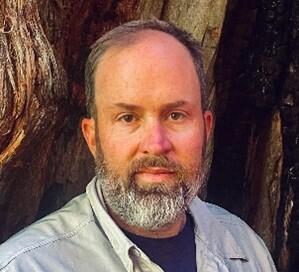
Sources/Usage: Public Domain. View Media Details
|
Dr. John Bradford United States Geological Survey, Flagstaff, AZ, USA Research Ecologist, Northwest Climate Adaptation Science Center & Southwest Biological Science Center Areas of Interest: Dryland Ecosystem Sustainability, Ecohydrology, Climate Impacts & Adaptation
John is an applied ecosystem ecologist who works to inform natural resource management in the context of global change. His research develops long-term projections of ecological drought, assesses the consequences for dryland vegetation, and develops adaptive strategies for enhancing long-term sustainability of ecosystem services.
|
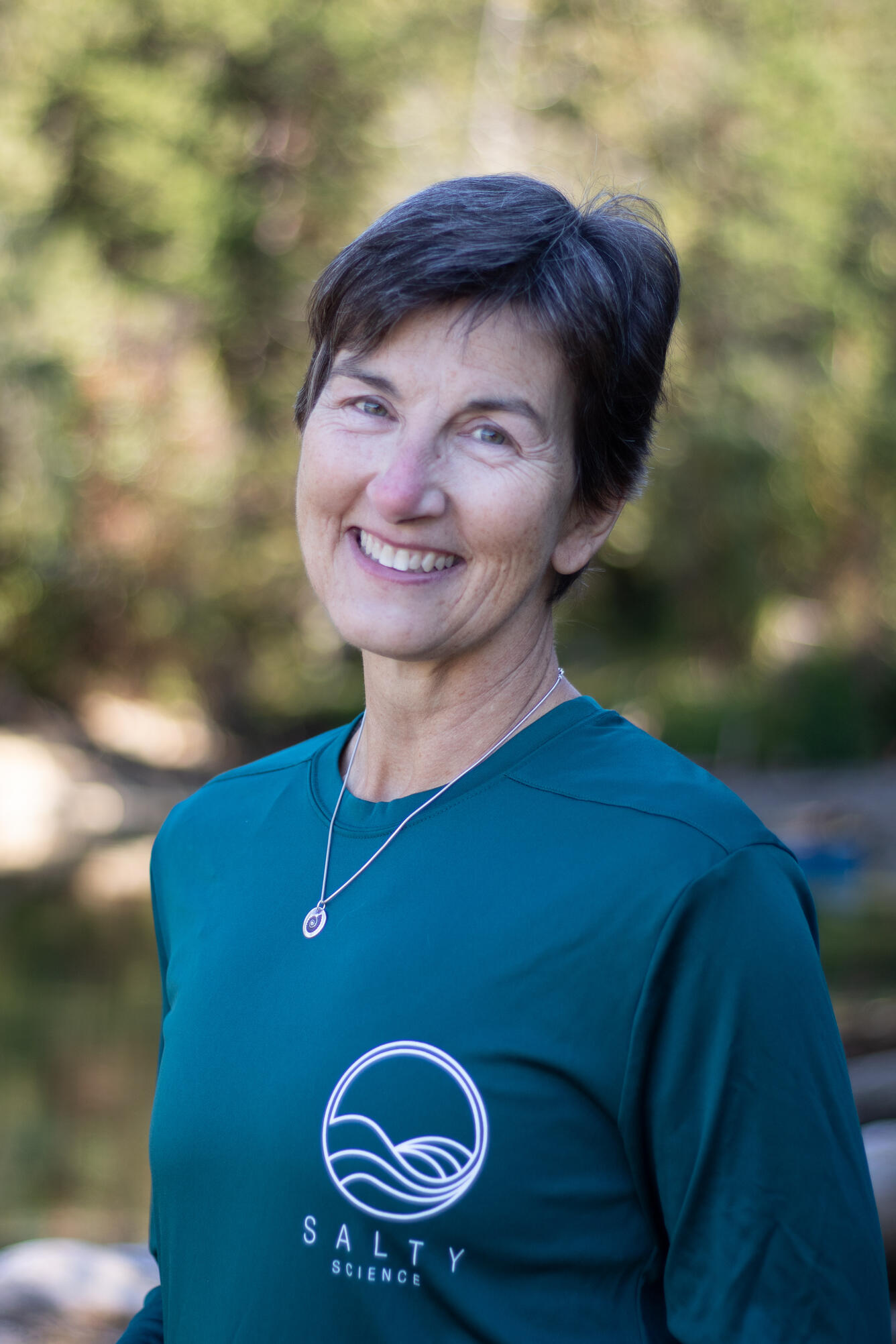
Sources/Usage: Public Domain. View Media Details
|
Dr. Isabelle Côté Simon Fraser University, Burnaby, BC, Canada Distinguished Professor, Marine Ecology & Conservation (she/her) Areas of Interest: Marine Ecology and Conservation, Coral Reefs, Multiple stressors, Marine Invasions
Isabelle’s research focuses broadly on the ecology and conservation of shallow-water marine ecosystems. She is particularly interested in predicting the effects of multiple stressors on coral reefs, kelp forests and seagrass meadows, managing the impacts of invasive species in these ecosystems, and understanding what drives the effectiveness of marine protected areas. |
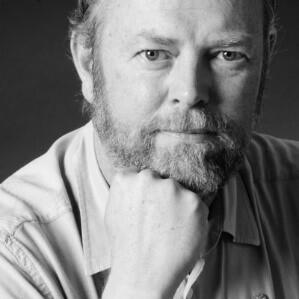
Sources/Usage: Public Domain. View Media Details
|
Dr. Ernesto Enkerlin OVIS (Organización Vida Silvestre, A.C.) Director of Science Areas of Interest: Environmental Policy, Sustainability and Biodiversity Stewardship, Parrot Ecology
He has worked as a research professor at the Center for Environmental Quality (ITESM) and as an adjunct research scientist for the Center for Environmental Research and Conservation of the Earth Institute at Columbia University (USA).
He has worked for several NGOs and co-founded Amigos de la Naturalezanand Pronatura Noreste before joining the National Commission on Protected Areas by presidential appointment. Ernesto was the Leader of the Legacy for Sustainability (ITESM); chair, World Commission on Protected Areas (WCPA-IUCN); Scientific President for Pronatura, Mexico's largest conservation NGO; and board member of the Global Institute for Sustainability (ITESM) and Fundación Coca-Cola. |
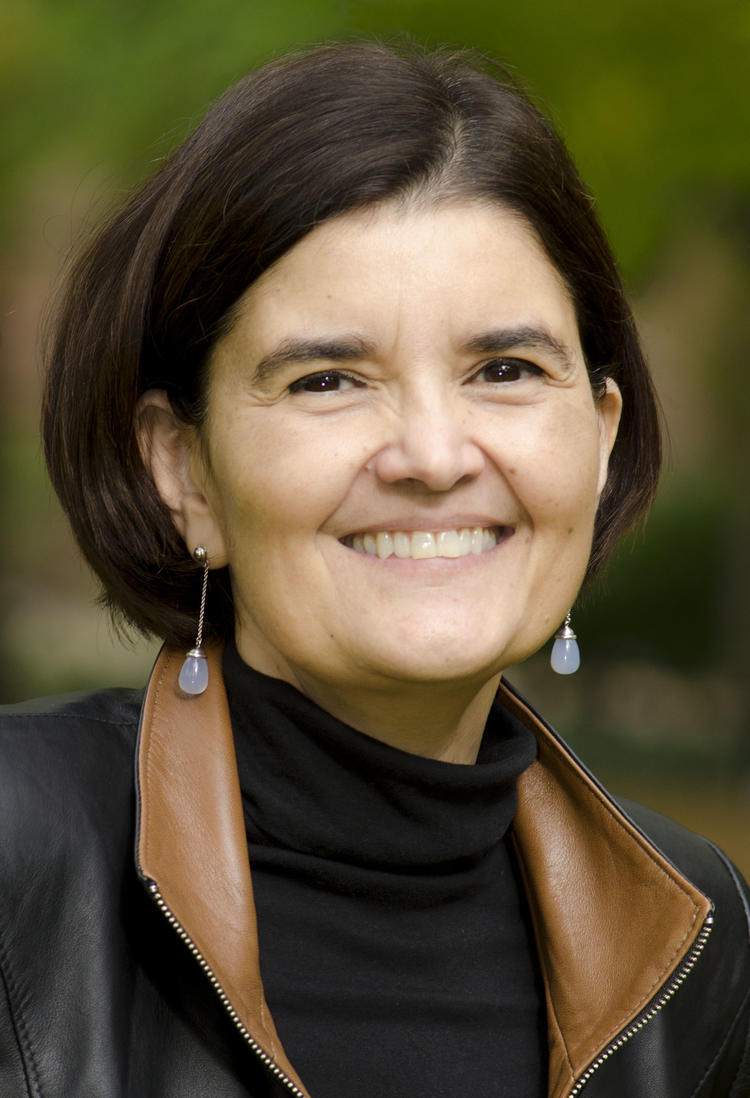
Sources/Usage: Public Domain. View Media Details
|
Dr. Maria Carmen Lemos University of Michigan, Ann Arbor, MI, USA Professor, Sustainability and Development, Climate + Energy Areas of Interest: Environment and Sustainability
Maria Carmen Lemos' research focuses on the role of scientific knowledge in building adaptive capacity and informing climate related decision-making. In particular, she seeks to understand what drives scientific knowledge's actionability, use and scaling up in support of decision-making at the intersection of development, democracy, equity and climate. |
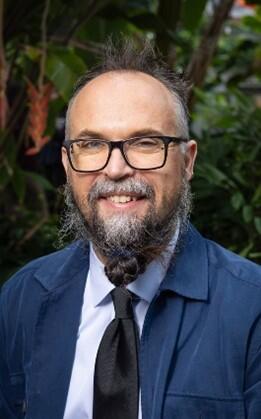
Sources/Usage: Public Domain. View Media Details
|
Dr. Kyle Whyte University of Michigan, Ann Arbor, MI, USA Professor, School for Environment and Sustainability (SEAS) Areas of Interest: Environmental Justice, climate policy and Indigenous Peoples, Indigenous Justice
He is founding Faculty Director of the Tishman Center for Social Justice and the Environment, Faculty co-Director of the Energy Equity Project, co-Principal Investigator of SEAS' Global Center for Understanding Climate Change Impacts on Transboundary Waters, Faculty Associate of Native American Studies, and Senior Fellow in the Michigan Society of Fellows. He is an enrolled member of the Citizen Potawatomi Nation.
Kyle is currently a U.S. Science Envoy and serves on the White House Environmental Justice Advisory Council. |

